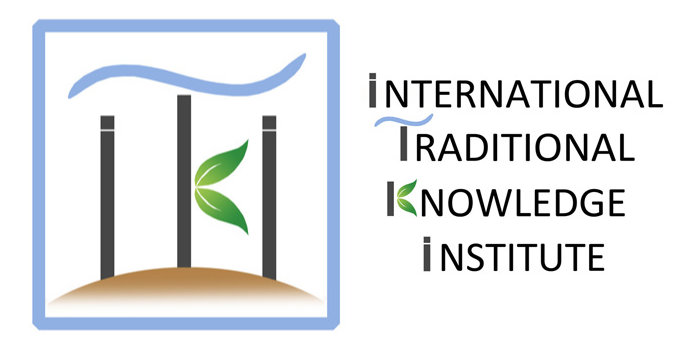
TRADITIONAL KNOWLEDGE IN MARKET CONTEXT
The most complete assessment to date of the demand for traditional knowledge and the intellectual properties issues connected with the commercial exploitation of traditional techniques was produced by the Fifth Session of the UN Permanent Forum on Indigenous Issues (New York, 15–26 May 2006). The report, Towards a Holistic Approach to Indigenous Knowledge Protection: UN Activities, ‘Collective Bio-Cultural Heritage’ and the UNPFII
The salient points:
Many indigenous peoples are concerned about the misappropriation and misuse of their traditional knowledge by outsiders without their permission and without respect of their customary laws. ‘Biopiracy’ cases are increasing, where indigenous knowledge and resources are privatized by others through intellectual property rights, used in ways that run counter to indigenous worldviews and culture, and with no benefits for the ancestral rights-holders. Trade agreements of the WTO and the proliferation of Free Trade agreements is accelerating the privatization and commercial use of indigenous knowledge and resources. These problems are sometimes national but also have a strong international dimension. Hence an international response is needed to protect indigenous peoples’ rights over their traditional knowledge, which has sufficient strength to ensure compliance by countries and users of indigenous heritage worldwide
Furthermore, traditional knowledge is rapidly disappearing, with growing pressures of globalization undermining indigenous culture and lifestyles and taking over their traditional lands and resources to make way for commercial ventures (mining, plantations etc), and with protected areas alienating indigenous lands. Loss of lands is a key factor driving the loss of cultural diversity and traditional knowledge.
Indigenous peoples have called for approaches for protection of their rights over IK to be holistic, reflecting their holistic worldviews, where knowledge is inextricably linked to traditional territories, resources and culture. All components of indigenous heritage, including knowledge, expressions of culture, biodiversity and traditional territories, are an integrated and interdependent whole, requiring equal protection. Protection of rights over culture is not seen as separate from territorial rights and the right to self-determination. The fragmentation of heritage and heritage rights is a major threat to [the continued existence of heritage]. Similarly, they have called for protection to be comprehensive, to address the multiple threats to their knowledge, resources, territories and culture and ensure the continuation of their heritage for future generations.
Indigenous peoples have stressed the need for a human rights based approach to [indigenous knowledge] protection, recognizing that the right of indigenous peoples’ control and management of their traditional knowledge is part of their long-standing demand to the right to land and natural resources and self-determination. They have emphasized the protection of their collective rights, since traditional knowledge tends to be owned collectively; as opposed to using [intellectual property rights] that often protect individual rights, and do so exclusively for commercial purposes. Private property frameworks run counter to indigenous worldviews, values and customary laws which safeguard IK resources and ensure free access to these essential resources.
